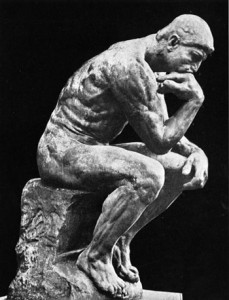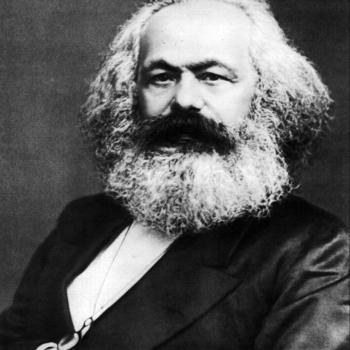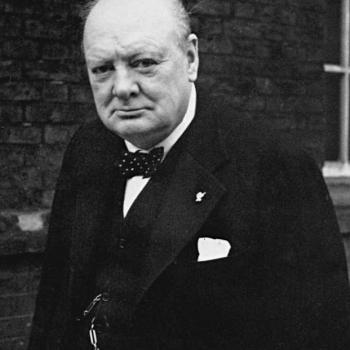https://rsc.byu.edu/archived/volume-11-number-1-2010/paradox-and-discipleship
This is a wonderful distillation by a great saint and great scholar, Terryl Givens, of the themes of his book People of Paradox (and including a fecund 5th paradox: Originality and Assimilation). My immediate hunch is that all five of these are aspects of a single, deep and fruitful paradox, which might be indicated by the tension between God as the author of all law and God as beholden to eternal laws somehow independent of his will. In other words: the ultimate as God’s Will / God’s goodness derived from the nature of the Good. So that’s my working pet theory as to the paradox of paradoxes, the deepest wellspring of meaning. But be that as it may…
Be that as it may, Brother Givens finds one of the tensions to be, well, the most tense for us LDS today: Certainty and Searching:
“This tension is perhaps the most urgent one facing our religion because it is the one with the highest spiritual stakes and it is productive of some of the most profound spiritual, emotional, social, and cultural angst. Of all the paradoxes, this is the one that I find to be most lopsided, most weighted in favor of certainty, and least appreciative of its counterpart: seeking and searching faith. I fear we often make too little room for those who say in the anguish of their heart, not “I know,” but “I believe; help thou mine unbelief” (Mark 9:24).
I take Terryl’s point. But I wonder whether this perception of lopsidedness might not itself either tend towards or derive from failure fully to embrace the paradox that binds certainty and searching. If these really are compatible – as they seem to me to be in my life, my experience – then expressions of certainty should not necessarily be set at odds with expressions of incompleteness, of longing, of seeking. To be sure, we shouldn’t identify gospel “certainty,” the strength of testimony, the resolve to keep covenants, the readiness to die for what one knows, with the calculating, “objective” certainty of, say, Cartesian epistemology and of all the modern rationalism that follows from it. This gospel assurance, conviction, is strong enough to ground a life, and even a death, and at the same time open to the striving of “help thou mine unbelief.” But if gospel certainty should not be identified with rational or secular universal replicability, nor should gospel seeking be identified with Cartesian doubt, or with a kind of self-satisfaction that can set in when “doubt” becomes one’s calling card, one’s modus vivendi, even the source of one’s status as “thoughtful.”
These are delicate and ever-contestable speculations. For whatever they’re worth, the owe much to Terryl Given’s insight that paradox in Christianity is not the logical deficiency of contradiction, but rather the sign of a wealth of meaning.
(Thanks to John Hancock for recommending the Givens essay.)












